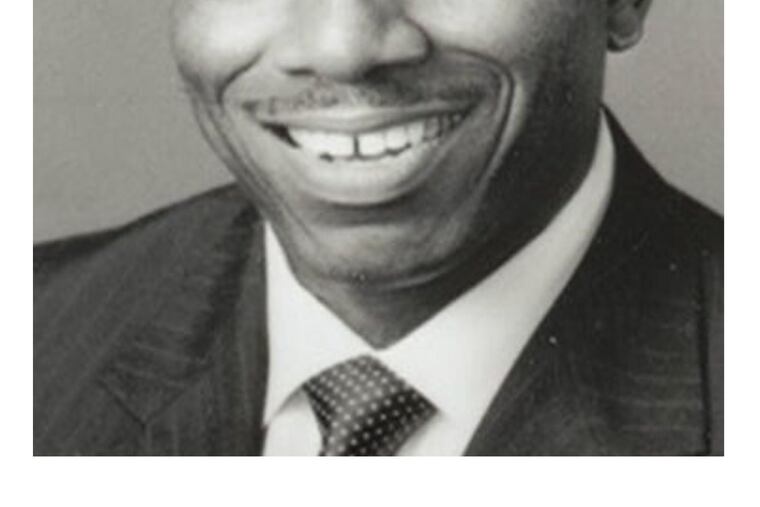The Rev. Melvin Floyd, former police officer and ‘Missionary to the Streets,’ 85
Rev. Floyd, who died Monday, April 20 from complications of dementia, gained a national reputation for his street preaching against violence and drug dealing. He regularly cruised the city in a van with a coffin on top to reinforce his messages against drugs and violence.

The Rev. Melvin Floyd, 85, a former Philadelphia police officer who started a street ministry, preaching against violence, died Monday, April 20, from complications of dementia at his Philadelphia home.
After a 13-year career, Mr. Floyd resigned from the police force in 1972 to work full time for his Neighborhood Crusades ministry.
He regularly cruised the city in a black van with a coffin on the top, to reinforce his message: Getting involved in drugs can lead to an early death.
To his three daughters, however, that van was also the family car.
Mary Floyd Palmer, his eldest, recalled being mortified when he dropped her off at school.
“When he pulled up in front of Girls’ High … the kids would giggle and laugh,” she said. “It was hard.”
Mr. Floyd was born in 1935 to Arthur and Sallie Mae Floyd, the youngest of five children. He grew up in North Philadelphia.
His parents separated when he was young, and he joined the 12th and Oxford Street gang as a “runner” when he was about 11, his daughter said. At 12, he found religion after a young man stopped to preach to him on the street. After the encounter, he joined a nearby church and later left the gang.
A chaotic family life led the young Floyd to drop out of Benjamin Franklin High School in the 11th grade. He joined the Army and served in the Korean War from 1953 to 1955.
Afterward, he held several jobs, including cabdriver, before joining the police force in 1959.
In 1962, he married Elizabeth Anderson Floyd, whom he met at church. They were wed for 53 years until her death in 2015.
Mr. Floyd’s past as a gang member served him well when he walked a street beat in North Philadelphia, Palmer said.
“My dad had such a reputation, that even the old heads had respect for him,” she said.
If word got out a major gang fight was brewing, then-Police Commissioner Frank Rizzo sent Mr. Floyd.
“He could walk between the two leaders before anything started, and nobody would touch him," his daughter said. “They trusted him. He would say: ‘I don’t have a gun. Six boys died this week. One could have been your brother, or your cousin. Is it worth it?’ ”
After several assignments, he became a Juvenile Aid and Gang Control Officer and began speaking in schools.
At 40, he earned his high school diploma in night school, then followed with a bachelor’s degree from Antioch College, his daughter said. He studied at Temple University and the Philadelphia College of Bible, before obtaining a master’s degree in education from Antioch Graduate School of Education.
In interviews, Mr. Floyd said his wife encouraged him to do more about street violence.
The turning point was in the summer of 1968, when eight young people were killed in one week.
That began his mission to the streets. He and his wife later started Teen Haven, at 19th Street and Susquehanna Avenue, which offered ping-pong and other games, with a mix of Bible verses.
By 1987, the Floyds started a church, Agape Christian Chapel at Greene and Seymour Streets in Germantown.
Mr. Floyd also produced four films: On Patrol for God (1968), The Last Trip (1972), The Gang’s All Here (1976), and The Last Trip II (1986).
Before leaving the Police Department, Mr. Floyd in 1969 was named one of the “10 Best Policemen in the World” and one of the “Ten Outstanding Young Men in America." He also won the Philadelphia Award in 1975.
In addition to his daughter, Mr. Floyd is survived by daughters Ruth Naomi Floyd and Esther M. Sawyer; a brother; 10 grandchildren; and seven great-grandchildren.
A service was held Monday, April 27.